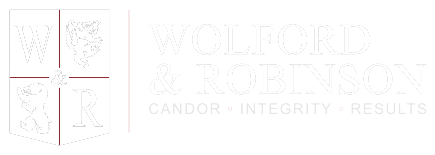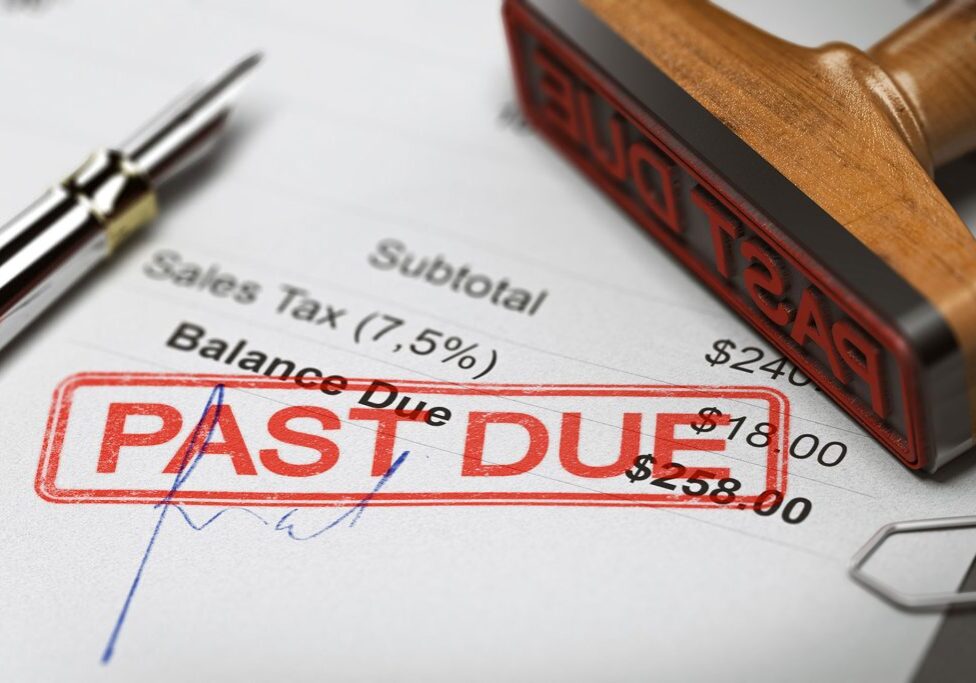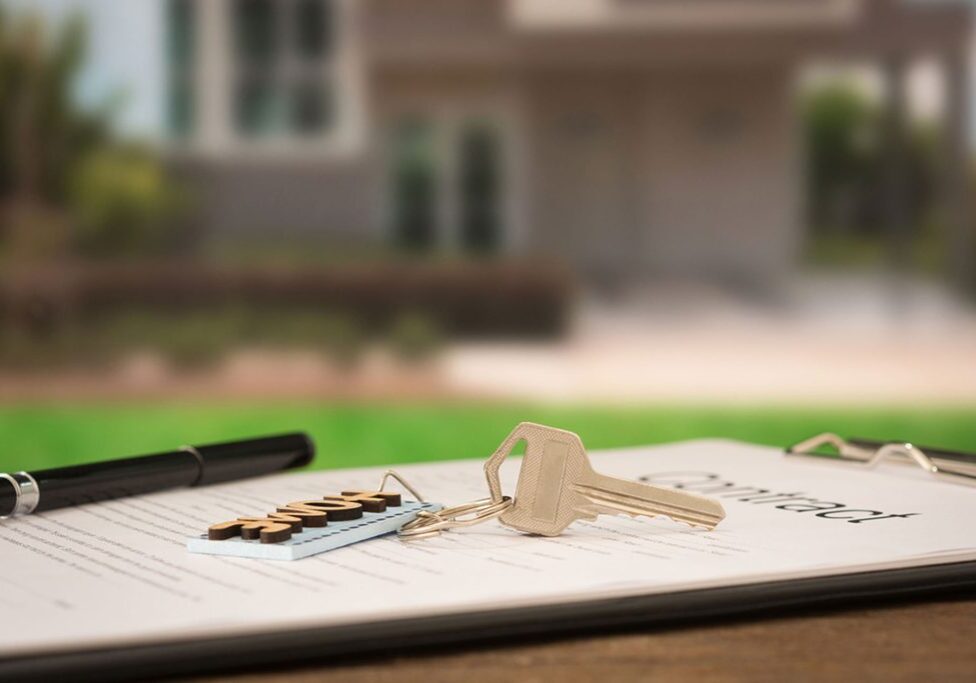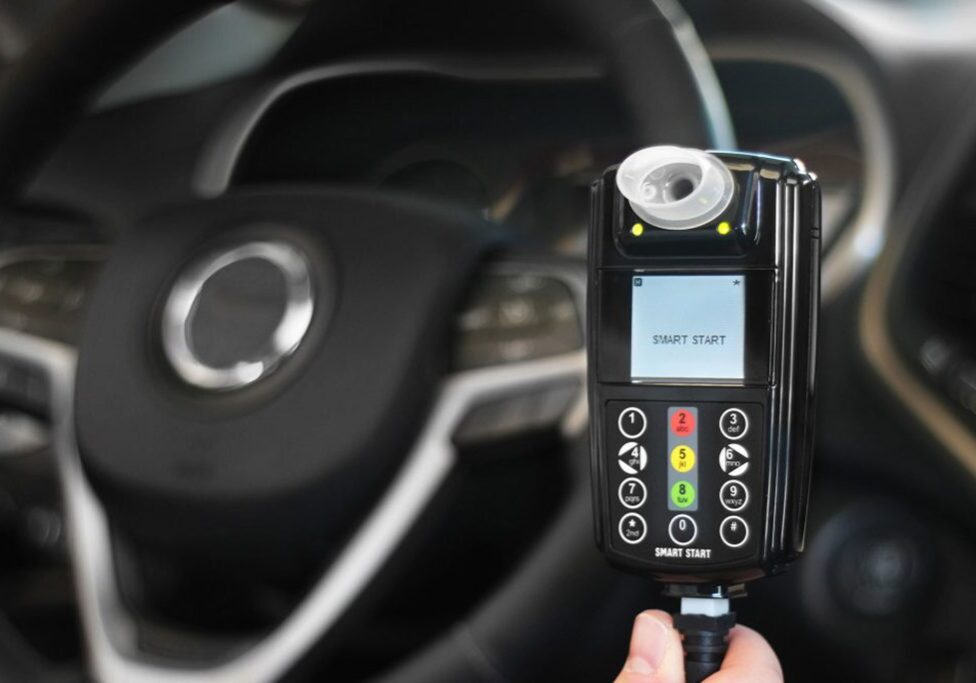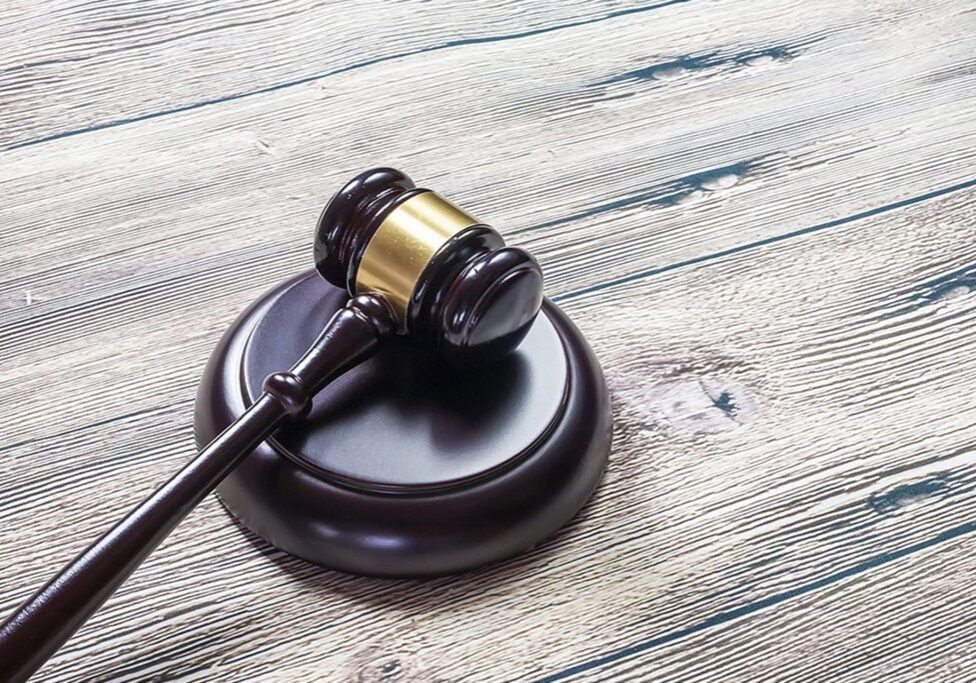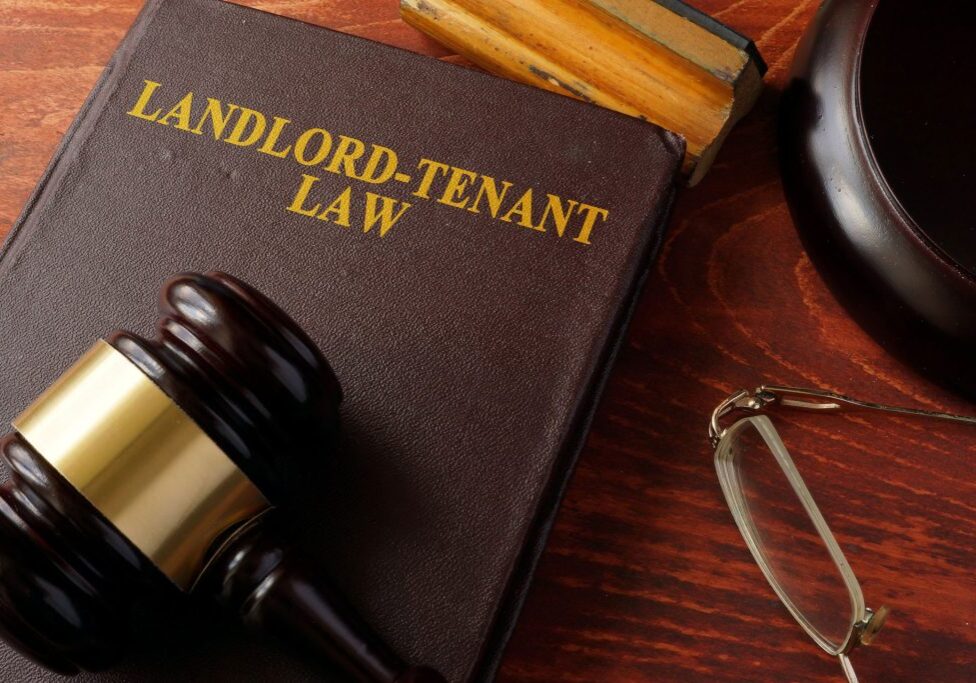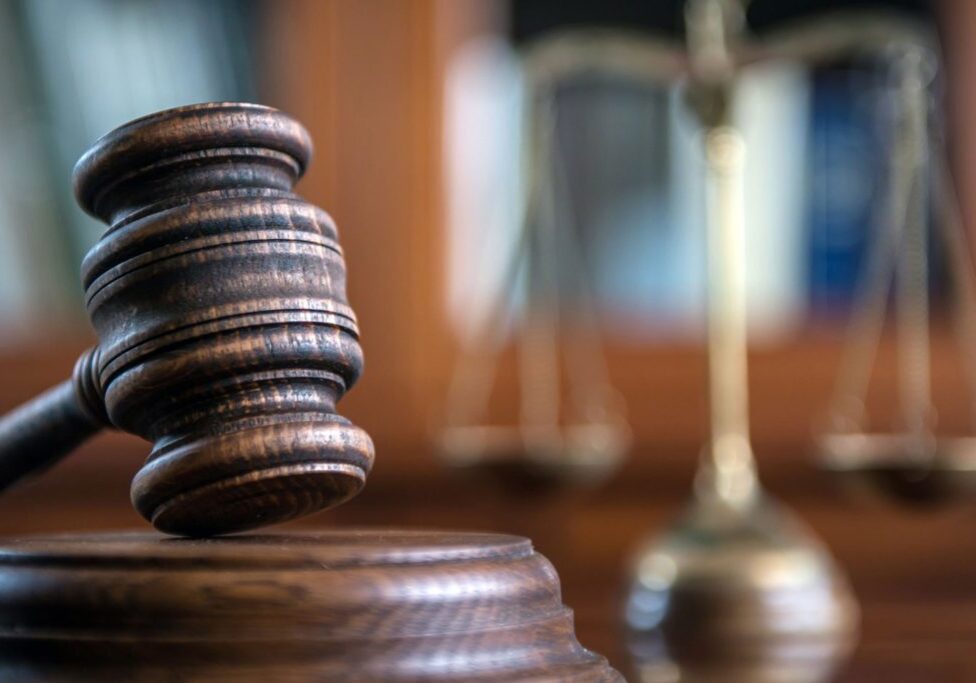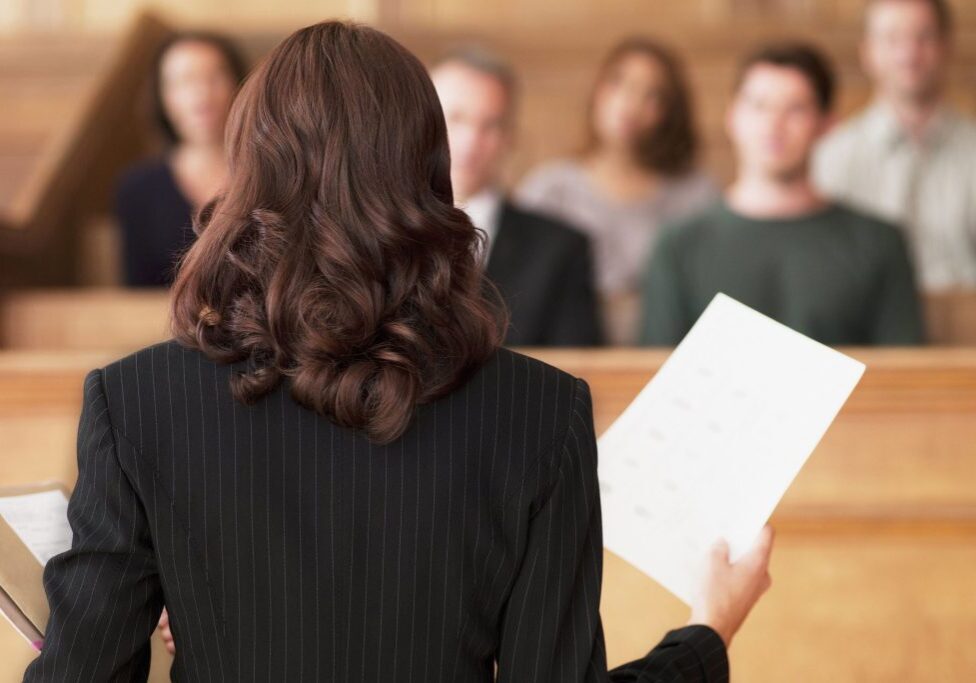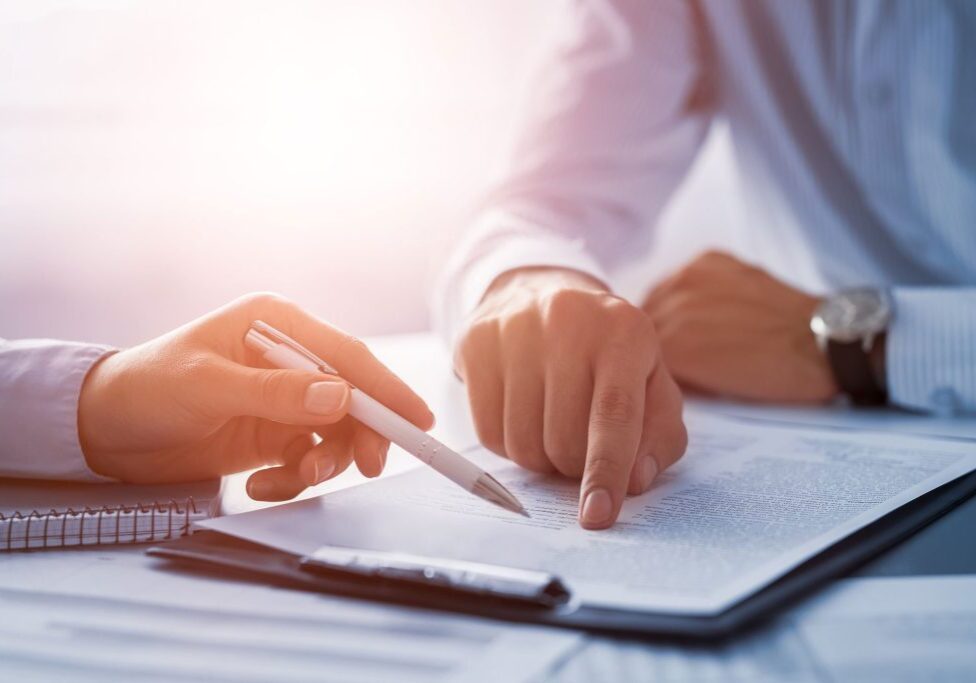
What is a lawyer?
A lawyer is a professional who is an officer of the court authorized to explain and interpret the law for you, to handle legal matters, as well as to appear in court. In addition to other tasks, a lawyer’s work involves counseling, preparing legal documents and handling court proceedings; but, foremost, a lawyer is a representative and an advocate on behalf of a client.
How does one become a lawyer?
To be admitted to practice law in Georgia today, one must have an undergraduate college degree and a law degree from an approved law school. One’s character and moral fitness to practice law must be approved after a thorough investigation. Then, one must successfully pass an exhaustive written examination given by the State Board of Bar Examiners and approved by the Supreme Court of Georgia.
Can non-lawyers practice law?
Every citizen has the right to practice law for himself or herself. But before one can become a lawyer and represent another (either in court or by making a practice of giving legal advice), he or she must meet the high standards laid down by the Supreme Court for admission to the Bar. Enforcing these high standards protects everyone who needs legal services.
The law covers many dozens of different subjects. Any given legal problem may involve a variety of those subjects. While someone who is not a lawyer may have significant knowledge in a particular area, it is impossible for that person to be familiar with the whole body of law. Laws and their interpretations are constantly changing; a non-lawyer cannot evaluate all the possible legal consequences and hazards involved in deciding how to handle a given legal problem. This is why a license to practice law is granted exclusively to trained experts. It is a public safeguard, established and enforced by the Supreme Court of Georgia.
When do you need a lawyer?
A lawyer can help you after you get into trouble, but the best time to consult one is before you have a legal problem. Never think of a lawyer as a “last resort.”Preventive law is the most valuable service a lawyer can perform for you and those who depend on you. Here is a checklist of some situations in which it is wise to consult a lawyer before you act:
- purchasing or selling a home or other real estate
- purchasing, selling or leasing other property
- entering into written contracts with major financial provisions or consequences
- resolving tax problems
- preparing a will or handling an estate
- starting a business
- setting up business associations, such as corporations or partnerships
- dealing with accidents involving damage to persons or property
- resolving domestic matters
- addressing substantial changes in your economic status
What is the basis for a legal fee?
Abraham Lincoln once emphasized the value of a lawyer’s time when he said, “A lawyer’s advice is his stock in trade.” In most cases, the single factor that most affects the amount of a lawyer’s fee is the amount of time spent on the client’s problem. While a lawyer’s advice often may be straightforward, arriving at that advice requires a thorough evaluation of the client’s problem. This in turn often requires factual and legal research. In this important way, a lawyer’s professional services differ from those of a doctor or dentist; much of the work is accomplished when the client is not present.
Many clients lose sight of the fact that the four-page document and the advice given in a few minutes are actually the products of many hours of work. In addition, this end result may have involved time spent by other persons in the lawyer’s office (such as a legal assistant, a lawyer associate or a legal secretary). When you engage the services of an attorney, remember that you often will have an entire law office working for you.
Since a lawyer is rarely confronted with two legal situations which are exactly alike, the fee will depend upon the particular facts involved. After you have related the facts in your case, ask your lawyer for an estimate of the fee.
How is the fee computed?
A lawyer usually computes a fee based on an hourly rate. This can range anywhere from $100 an hour to many times that, depending on the circumstances of the case, as well as the experience and expertise of the lawyer.
In computing the fee, your lawyer considers a number ofelements, including:
- Time. This, along with the hourly rate, is the most basic element in determining a fee. While many lawyers work a minimum of eight to 10 hours a day, only about 65 percent of that time can be billed to clients. The remaining time is devoted to handling administrative tasks, keeping up with the many new and changing laws, taking part in bar association activities and volunteering in legal services programs.
- Ability, experience and reputation. Training in law school, combined with experience gained in legal practice and the continuing study of the law constitute a lawyer’s legal education. An experienced lawyer may be better equipped to handle your problem. If your lawyer is well-known as an especially able lawyer in one field, a higher fee may be charged because of his or her special knowledge and skills. This situation is similar to that found in the field of medicine where a renowned specialist charges more than the average general practitioner.
- The results achieved. In some cases, the result itself may decide the fee. An example of this is the “contingency” agreement, often used in personal injury cases. Under a contingency agreement, the lawyer receives no fee unless money is recovered for the client. If money is recovered, then the lawyer is paid an agreed-upon percentage of the recovery. In Georgia, this percentage ranges from about 25 to 50 percent, depending on the amount recovered, the area of the state, the circumstances of the case and many other factors. The client, by law, is responsible for court costs, such as filing fees and subpoena fees. The client must also reimburse the lawyer for any actual expenses paid out of the office funds (for items such as long-distance telephone calls, investigators, medical reports and depositions). When no contingency fee arrangement has been made, the lawyer is entitled to be paid whether the client wins or loses the case. Always keep in mind that no lawyer can guarantee the results of any court proceeding.
- Operating expense and overhead. The cost of operating the average law office (including such items as rent, equipment, law libraries, supplies, professional and non-professional staff and insurance) often amounts to nearly 50 percent of a lawyer’s gross annual income derived from legal fees.
What about discussing the fee?
You should discuss the cost of legal services at your first interview with a lawyer. The lawyer may not be able to determine the exact amount of time and effort required to handle your case but should be able to give you an estimate based upon past experience. Sometimes, a lawyer may quote a total charge (flat rate) for the work involved, or may just estimate the total number of hours necessary to handle a particular matter.
A written fee agreement is highly recommended for the mutual benefit of both you and the lawyer.
You should never hesitate to discuss fees at any time during the handling of your legal matter. If you receive a statement and believe the fee isn’t proper, talk it over with your lawyer. Often, misunderstandings about fees result from the fact that the client is not aware of the extent of the lawyer’s work on the case.
This is by no means the client’s fault. Client’s who do not regularly see a lawyer may understandably believe that the activities of the lawyer are limited only to those evident. Your lawyer should always be willing to answer any questions you have about the fees you are charged. It is also a good idea to ask for copies of all documents and correspondence pertaining to your case.
What if a dispute arises over fees?
If you and the lawyer are not able to resolve a fee dispute, the State Bar Of Georgia offers a no-cost fee arbitration service that either of you may want to consider.
The purpose of this program is to provide a convenient mechanism for the resolution of fee disputes between lawyers and clients. It is a process that may be invoked by either side if the parties have been unable to reach an agreement between themselves. Regardless of whether it is the lawyer or the client who takes the initiative of filing a petition requesting arbitration of the dispute, the party who files the petition must agree to be bound by the results of the arbitration. This is intended to discourage the filing of complaints which are frivolous or which seek to invoke the process simply to obtain an advisory opinion. If both parties agree to be bound, the resulting arbitration award will be enforceable under the general arbitration laws of the state. A unique feature of this program allows special proceedings when the person petitioning for arbitration is a client whose claim, after investigation, appears to warrant a hearing. In such cases, if the lawyer refuses to be bound by any resulting award, the matter will not be dismissed, and an arbitration will be held regardless of whether the lawyer participates. If the outcome of this hearing is in the client’s favor, the State Bar may provide a free volunteer lawyer to represent the client in subsequent litigation to adjust the fee in accordance with the arbitration award. This is intended to relieve the client of the burden of paying a second lawyer to recover fees determined to have been excessive as charged by the first lawyer.
This program provides an economical and effective means of resolving such disagreements. However, a good understanding of the fee at the initial meeting and open discussion of possible subsequent misunderstandings will likely avoid the need for utilizing the State Bar’s Fee Arbitration Program.
When do you have to pay?
The time for payment of legal fees depends on the type of legal service you wish rendered. In many cases your lawyer may require a payment before agreeing to undertake the work. This is frequently referred to as a retainer. Such payment may sometimes be a fee to assure the lawyer’s availability. More commonly a retainer serves as a deposit to cover future fees and costs, in which case the attorney must place the money it a separate bank account and only withdraw funds as they are earned. You and your lawyer should discuss this and reach a clear understanding as to which type of arrangement you are agreeing to follow. If you want to put a legal fee or costs on a credit card, ask your attorney whether or not he or she participates in a plan for one of the credit cards you hold and whether the particular charge qualifies. If you are not certain you will be able to pay promptly, talk it over with your lawyer. You may be able to reach an arrangement.
What are the standards of conduct for a lawyer?
Lawyers are subject to the highest degree of ethical conduct under the Georgia Rules of Professional Conduct. The State Bar’s Consumer Assistance Program is available to help you if you are having a problem with your lawyer. The Consumer Assistance Program is designed to answer your questions and to help resolve your problems informally, often by facilitating communication between you and your lawyer. The ethical conduct of a lawyer also may be reviewed, upon written request, by the State Bar’s Office of the General Counsel.
What about lawyer referral services?
Many associations of lawyers (bar associations) maintain lists of their members who, as a public service, are willing to consult and advise clients at a special rate set by the bar association (for the first conference only). This is known as a lawyer referral service. Anyone who inquires will betold the amount of the initial consultation fee and will be given the name of a lawyer for an appointment. If additional legal service is needed, the fee is subject to agreement between the lawyer and client and, of course, should be discussed and agreed to in advance. While a lawyer referral service is not available from the State Bar of Georgia, many city, county or other local bar associations within Georgia do offer such services. You should call the bar association in your area if you wish to request this service. Visit www.gabar.org/directories/local_and_circuit_bar_information_and_referrals/ for a listing of local and voluntary bars.
How can you hold down your legal fees?
- Write down the names, addresses and telephone numbers of all persons involved, as well as all the facts you can recall which pertain to the case. Doing this yourself will, obviously, cut down on the time the lawyer will have to spend gathering the information.
- Take any papers relating to the case to the first interview.
- Be as brief as possible in all interviews with the lawyer.
- Do not allow emotion to color the facts given—be as objective and accurate as you can.
- Make full and honest disclosure to the lawyer of all the facts, good or bad. This is essential to assessing the strengths and weaknesses of your case, and thus to giving useful advice and handling your case efficiently. Remember, your communications with your lawyer are privileged and your lawyer will keep themin strictest confidence.
- Avoid unnecessary telephone calls to the lawyer. (Understand that if you are being billed on an hourlybasis, you are billed for these calls.)
- Get legal advice before signing documents or taking legal action. Then, follow the advice of the lawyer.
- Consider the financial advantages or disadvantages of a proposed legal action by discussing it with your lawyer. (For example, would the court costs and legal fees be more than the amount of the bad debt you would like to recover?)
Conclusion
Our suggestion that you consult a lawyer is for your benefit, not for the benefit of a lawyer. Litigation usually should be the last resort and competent legal advice will help you adequately explore other avenues. Preventing legal problems before they arise will not only save you money but will also save our judicial system valuable time and resources.
